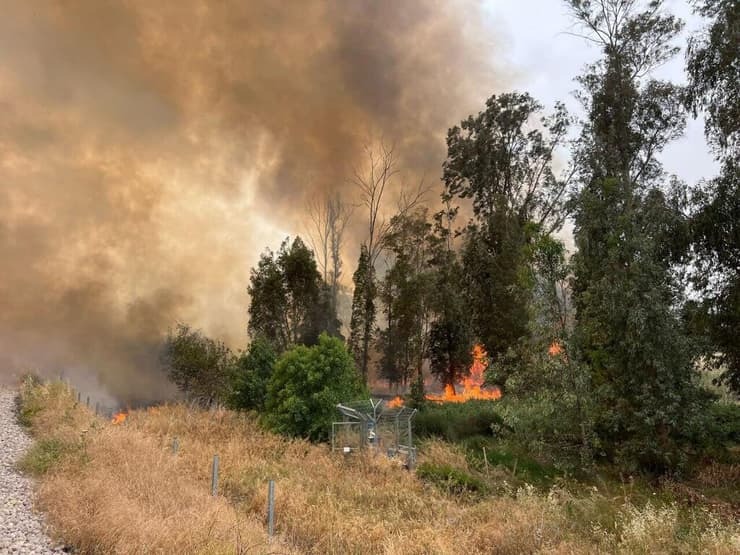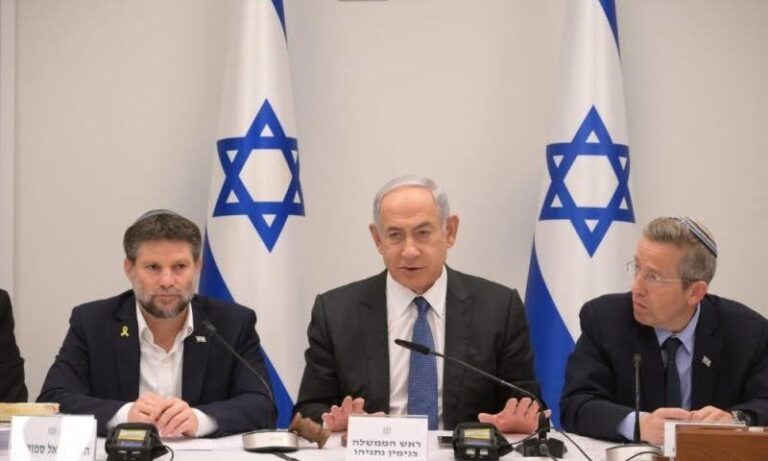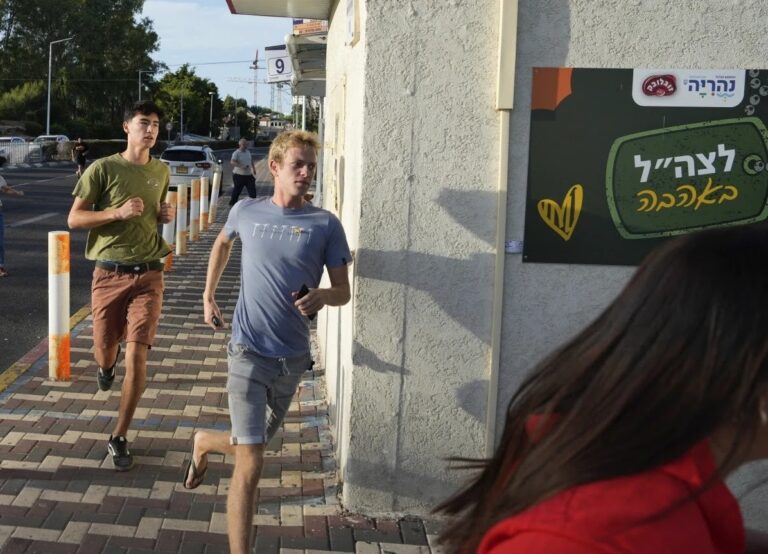 Washington, D.C.’s mass-transit system on Thursday proposed a $26 billion expansion through 2040 to help drive economic growth in the U.S. capital and its suburbs.
Washington, D.C.’s mass-transit system on Thursday proposed a $26 billion expansion through 2040 to help drive economic growth in the U.S. capital and its suburbs.
The proposal presented to the Washington Metropolitan Area Transit Authority’s board includes a second tunnel under the Potomac River and a new rail tunnel in the center of the District of Columbia.
“The economy of this region wants to grow and the only way to do that is through transit,” Metro General Manager and Chief Executive Richard Sarles told reporters after the meeting.
The new plan does not outline how to fund the upgrade, much of which would take place outside the district in Maryland and Virginia. Those neighboring states have long struggled to come up with means to guarantee long-term funding for public transportation.
Metro receives its budget contributions from the District of Columbia, the federal government, Maryland and Virginia. Its rail system, the second biggest in the United States, handles some 750,000 riders on weekdays – up about 50 percent since 1990 – Metro said in its presentation.
Mortimer Downey, who represents the federal government on the board, called the proposal a good start, but said it needed to sold to the public and policymakers.
Transit plans “are the sound of one hand clapping. We have to have the support of those making the funding decisions,” he said.
Expanding and upgrading the system was crucial to underpinning growth, the Metro plan said. Land within a half mile (700 meters) of Metro rail stations made up less than 1 percent of the area’s land, but absorbed 14 percent of job growth between 2004 and 2010, it noted.
The plan in part calls for a Potomac tunnel to be built between Washington’s tony Georgetown district and Rosslyn, Virginia. A second new tunnel would run north-south through central Washington, under the National Mall.
The area was expected to add 1.6 million residents in the next 35 years, Sarles said.
“They have to get around and there is no way they are going to do that without mass transit,” he added.
Have you checked out YWN Radio yet? Click HERE to listen!
(Reuters)










